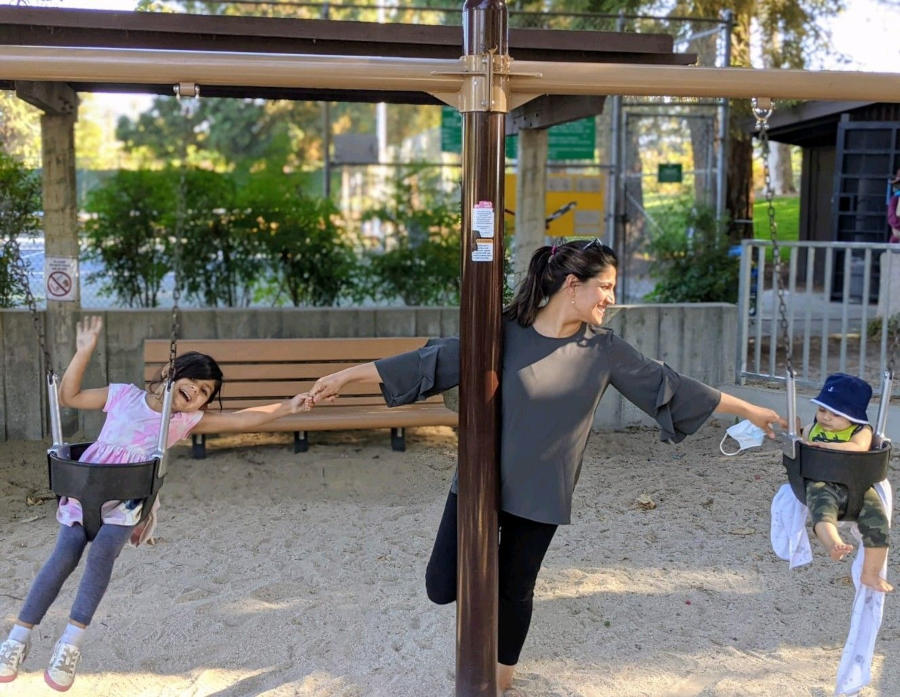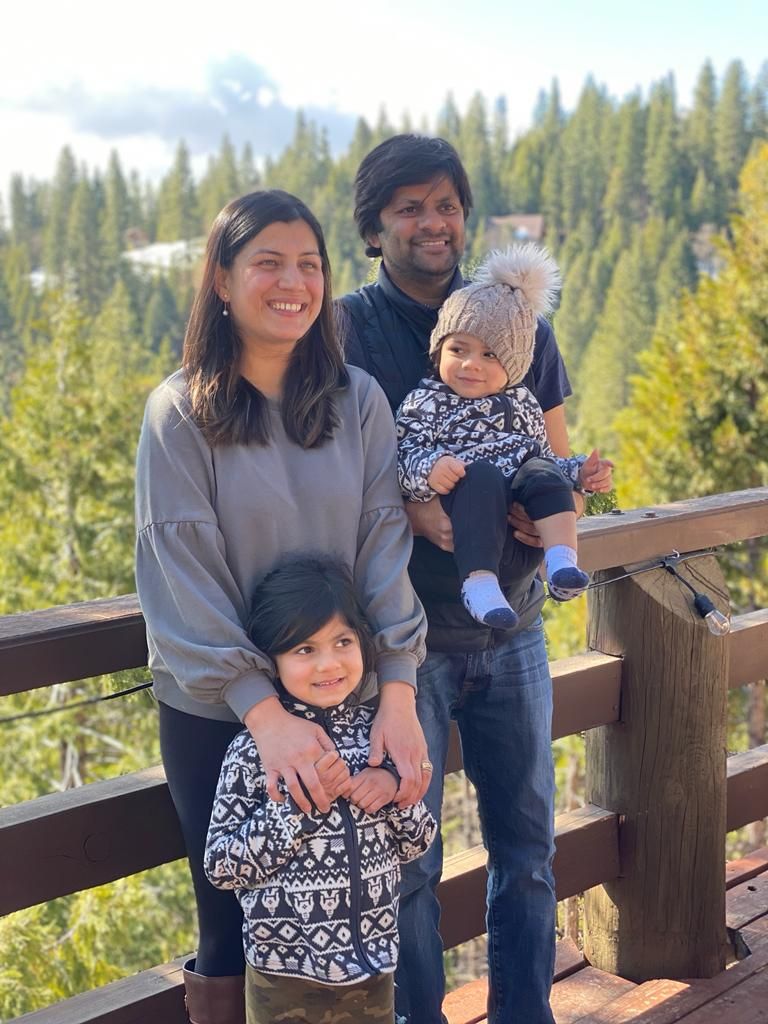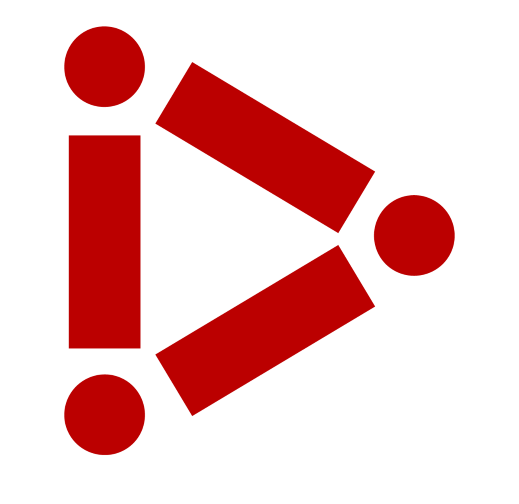Alumni Spotlight - Motherhood & Product Management
Divya Sabade (MSSM '15) transitioned from consulting to product management while tackling her most challenging and rewarding role yet: motherhood.
Divya Sabade is a 2015 graduate from the Master of Science in Software Management degree program.
In addition to being an alum, she's an engineer, a business strategist, a product manager, a yoga enthusiast, a wife, and an immigrant. And, on top of it all - including so much more that isn't listed - she's also a mom to two young children.
"Being a mom has helped me grow exponentially as a person in the past few years and has made me a more considerate teammate. I am proud of the journey, especially of all the experiences I have gained whether through success or failure, personally or professionally," Sabade said.

Moving to the Bay Area
Sabade and her husband moved to the Bay Area from India in 2013, having been wooed by the area's energy and opportunities.
"I came on a dependent visa (H4), which meant that I could not work in the US. Within a few months, I realized that I can't sit at home when Silicon Valley is pulsing with so many ideas! I needed a way to join the technology workforce and to learn all that Silicon Valley has to offer," Sabade said.
Begin a lifelong learner at heart, the academic route appealed to Sabade.
"I came across the MSSM program, which was apt based on my academic and professional background. The curriculum was a perfect blend of technical, business and innovation arenas, and the MSSM course duration was aligned to what I needed to launch myself back," Sabade said.
Previously, Sabade had been a software engineer and then, after completing a MBA, pivoted into business operations and strategy. Her goal post-MSSM was to work at a top consulting firm. She landed at Deloitte, where she leveraged her technical and business acumen as a product owner in its tech consulting arm.
Even though the work was intellectually stimulating, the near-constant travel for client meetings clashed with her plans to be more involved with her family, especially being a new mom. This travel schedule, coupled with her growing intrigue about the full product lifecycle, led her to explore product management as a career option.
"We did implementation projects where we worked with engineers and designers on deliverables, but we did so with products from best-in-breed cloud providers. So, 80% of the time I'm performing the role of a product manager, but I was not building that product," Sabade explained.
"As a product manager, you literally own that product offering - the product strategy, roadmap and feature prioritization, so this is the key thing which a consultant doesn't get a chance to do that a product manager does."
Transitioning to Product Management
Sabade began researching PM roles, analyzing her transferable skills, and identifying gaps. Despite having similar work experience, the transition to product management was difficult and became even more challenging as Sabade prepared to welcome her second child.
"I did a lot of interviews to the last round in some of the bigger name companies along with startups, but it was not materializing. Something was missing. It's so hard to get into product management, and I felt exhausted. Why can't I decode what's going wrong?"
Sabade went all-in on preparation by analyzing the role and compiling online resources that anyone who is constrained by time, like parents often are, can use.
"Cracking interviews in the Bay Area is another level. The process goes on for six to eight weeks with back-to-back calls so you're in interviews for about four to six hours sometimes. It takes a lot of prep to do all of this. I'm a mother and a working professional so one is limited by the time that can be invested," Sabade said.
"It was exhausting, and there were days when I felt very low. But something in my heart would not let me give up. What kept me motivated is that I literally left everything behind to be here and had worked so hard to build my career."
Sabade's persistence, resilience, and effort paid off: After preparing, applying, and interviewing for more than 16 months, she was offered a product manager role - on her birthday - at Turvo, a logistics startup.
Balancing Motherhood with Work
Sabade had been interviewing virtually, and thus no one knew that she was pregnant with her second child.
"That became an important question for me. How do I tell them? My values are that I should be transparent and let them know. I don't have family support here. It's just me and my husband who manage kids and work so it's very important to me that the company values and accommodates mothers."
Sabade leverages the interview process to discern a company's value system and flexibility and to assess how closely its actual culture aligns with what's published on its website.
"Motherhood is a transformational experience. It is extremely challenging and rewarding at the same time. For instance, my younger one still wakes up two or three times at night, which means I haven't slept well for about 18 months now," Sabade said. "But this has enabled me to become more flexible, more considerate, and more empathetic."
Sabade is still learning how to navigate the duality of being a full-time professional and a full-time parent. Setting boundaries can be difficult but is an essential conversation to have.
"It's tough when you're a woman, and now I feel it more as a mother. You want to deliver, and you are delivering, but you can't always take calls at odd hours. I am available to my team even for 10-12 hours when needed, but I have started setting boundaries at work in order to fulfill my responsibilities outside of work," Sabade said. "That doesn't mean, 'I'm not working' but rather, 'These are the times I work.' I've started raising my voice and feel proud about that."

Insights from Divya's Journey to Product Management
A [FORMER] DAY IN THE LIFE AT TEKION
I am currently working on a project where we are building an end-to-end seamless automotive selling and buying experience for manufacturers, dealers, and end consumers.
My day is fluid based on the stage of product lifecycle. A typical day would be filled with collaborations/meetings/communications across external and internal stakeholders to deliver the product/feature.
Main responsibilities include:
- Discover the end user/customer needs
- Align key stakeholders on the roadmap
- Prioritize what to build
- Deliver the feature
- Be there for the team/partner team
Industry vs. Startup
The pace is very fast in both situations because you must deliver to the customer. So there are tight timelines that you're always working toward.
The main difference is that Deloitte has much more structure. So, in industry, you would have the tools and processes that you need to follow – an established roadmap, which could slow you down but also provides a timeline for delivering.
In the startup world, there’s nothing: You have free ground to build something and that's what I’ve experienced. What you worked on the previous day might need to be scrapped the next, and you pivot to something different. Startups give you complete ownership.
Lessons learned
Learn: Understand the key PM interview question types and the frameworks that can be utilized to answer in a structured manner.
Repeat: Practice at-least one product question each day till you develop a product mindset.
Connect: Reach out to people who have led a similar path. They might understand your struggles and be willing to help you achieve your goals.
My key lessons are being resilient, having a positive attitude and learning from each failed attempt. A great product manager is one who can zoom out to align typically around business objectives and key metrics as well zoom in to engage with engineers and designers on what/why to build.
Bonus tip: Protect your calendar! It's vital because you need some brain time to do your work rather than just being in meetings.

